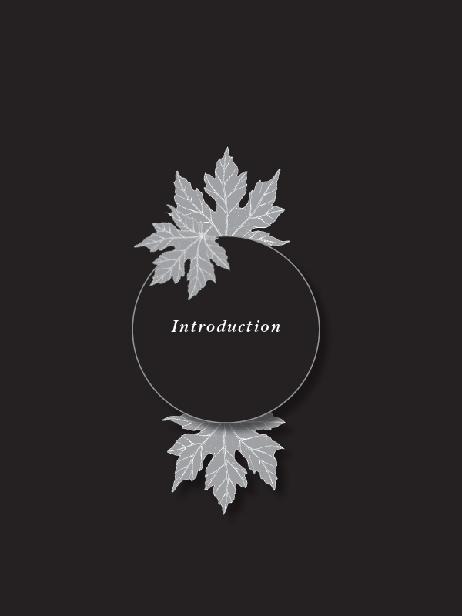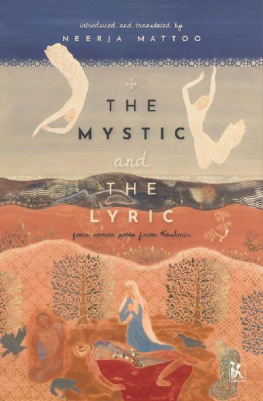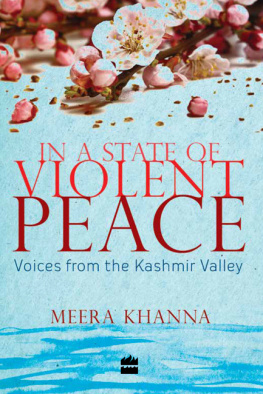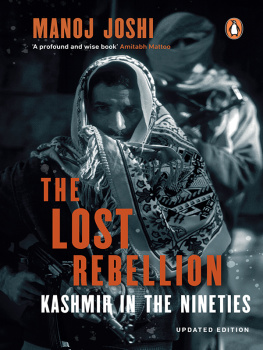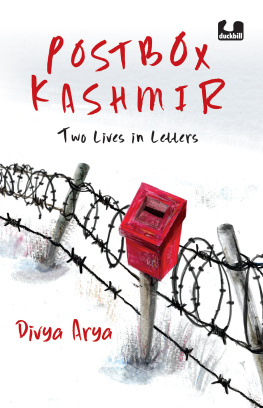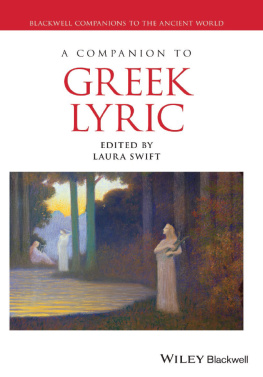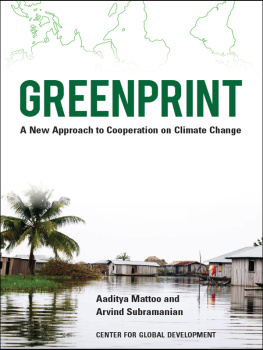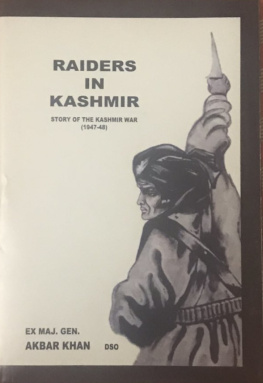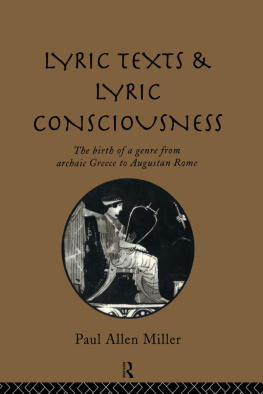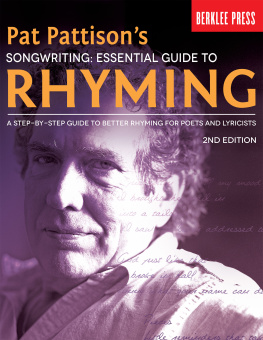The Mystic and The Lyric
Four Women Poets from Kashmir
My body in bliss, a river of wine
My eyes are open, saqi, come fill these cups
Hu hu ha!
I cry, madness in my heart.
Lal Ded, Habba Khatun, Rupa Bhavani, Arnimal: these four women poets, dating from different periods in the history of Kashmir, are household names in the valley and are claimed by all, no matter what religious, ethnic or other group they belong to.
In this beautiful volume, Neerja Mattoo brings their work together for the first time, placing it in two traditions, the mystic and the lyric. Fine and nuanced translations of their poems are accompanied by brief introductions to their work that place the women in a historical context and deal with both the facts and the beliefs about their work.
Neerja Mattoo taught English at Government College for Women in Srinagar. She is Chief Editor of the quarterly Kashmiri journal, Miraas .
The translations in this volume are supported by the Yali project.
The Yali Project at Sangam House nurtures and mentors translators and translations in and out of Indian languages. Through its network of editors and publishers, Yali strives to ensure that these translations are published and are widely disseminated.
Yali seeks to build a community of translators, foreground translations lists at publishing houses, and increase the awareness and appreciation of works from Indian languages both at home and abroad.
Yali is funded by Aditi: Foundation for the Arts.

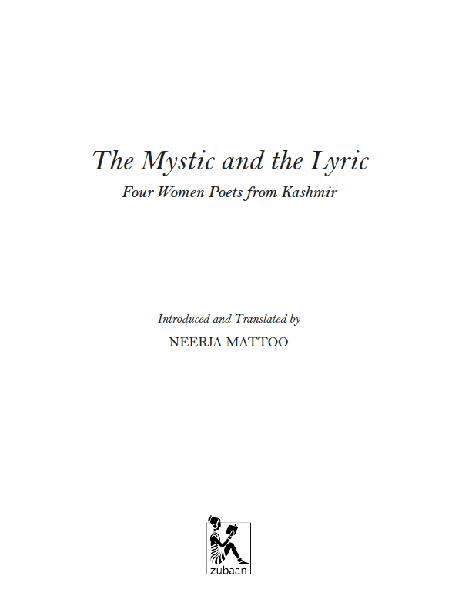
ZUBAAN
128 B Shahpur Jat, 1 st floor
NEW DELHI 110 049
Email:
Website: www.zubaanbooks.com
First published by Zubaan Publishers Pvt. Ltd 2019
Copyright English translation Neerja Mattoo 2019
All rights reserved
10 9 8 7 6 5 4 3 2 1
eBook ISBN: 9789385932830
Print source ISBN: 9789385932717
This eBook is DRM-free.
Zubaan is an independent feminist publishing house based in New Delhi with a strong academic and general list. It was set up as an imprint of Indias first feminist publishing house, Kali for Women, and carries forward Kalis tradition of publishing world quality books to high editorial and production standards. Zubaan means tongue, voice, language, speech in Hindustani. Zubaan publishes in the areas of the humanities, social sciences, as well as in fiction, general non-fiction, and books for children and young adults under its Young Zubaan imprint.
Typeset by in Bell MT Std by Jojy Philip, New Delhi 110 015
Printed and bound at Raj Press, R-3 Inderpuri, New Delhi 110 012
Hello Reader!
This is just a note to let you know that all Zubaan ebooks are completely free of digital rights management (that is, DRM-free), so that you can read them on any of your devices and download them multiple times. We believe that this makes for a more trouble-free and pleasurable reading experience. To be fair to our authors and to enable us to continue publishing and disseminating their work, we appeal to you to buy copies of this ebook rather than share or give it away free. Thank you for your support and cooperation. And happy reading!
To all the women of Kashmir who never lost their voice
Contents
Acknowledgments
My first unredeemable debt is to Prabha Devi, a self-effacing scholar of Kashmir Saivism, who enabled me to enter the world of Lalded and Rupa Bhavani with some degree of confidence.
I am deeply grateful to Bettina Baeumer, the internationally acclaimed authority on Kashmir Saivism, who went through my translation of Rupa Bhavanis verses and explained the subtle concepts of her philosophy to me.
I have no words to thank the eminent artist Nilima Sheikh for her generosity in allowing a detail from one of her magnificent paintings for the cover of this book.
My very warm thanks to Arshia Sattar the incomparable translator-scholar, who believed in my work and whose energy is infectious!
And finally, I acknowledge the support of my family and friends.
Four women poets have helped shape Kashmirs literary imagination. In my mind, each has a distinct image, rooted in the stories I heard as a child. Lalded I see as all thought, walking through towns and villages, a naked, shapeless body, the folds of her lower abdomen drooping over her thighs. Habba Khatun appears crowned and her headdress plumed, sometimes as queen, sometimes as courtesan, in majestic robes, strolling over hill and dale. Rupa Bhawani is a radiant face, framed by hair loosely rolled into matted strands, a tapasvani meditating in caves and at lonely heights. And then there is Arinimal, draped modestly, but in a vivid peacock-feather hued shot-silk or cherry red-velvet pheran, standing forlorn against the background of a mud-brick house set in a green valley or against the backdrop of the Mar canal in the Rainawari suburb of Srinagar.
These shared images help us to understand the life and work of these four women poets. The lack of concern with adornments of the mystic Lalded contrasts with the pride in her physical beauty and exquisite robes of the romantic Habba Khatun. Rupa Bhavani, or Alakeshwarithe goddess with locks of hairis absorbed in the quest for self-realization while Arinimal is invested with the romance of loneliness, a brooding reproach in her eyes for the forever absent lover.
As poets these women inhabit not just the collective memory of Kashmiris but are part of their living oral tradition. Folk singers begin their performance with Laldeds vaakhs (quatrains). Arnimals pain of unrequited love and Habba Khatuns complaints about her in-laws are ironic wedding vatsans or songs. Rupa Bhavanis sites of meditation are now shrines where her vaakhs are chanted in annual celebrations. The linguistic felicity of Kashmiris, their talent for the apt word, potent proverb and rhyming analogy, is a legacy of these poets.
The origins of the two main streams of Kashmiri poetry are the mystical compositions of Lalded (14 th century) and the romantic, secular lyrics of Habba Khatun (16 th century). Lalded was followed by Rupa Bhavani (17 th century) in the mystic tradition, while Arnimal (in the 18 th century) was heir to the romantic love lyrics of Habba Khatun. Each of these women charted her particular course in life and art, refusing in her own way, to submit to the roles assigned by contemporary society. Two walked out of their marriages and the culture of silence to express their spiritual yearnings in verses of solemn beauty. The other two, separated from their lovers, openly spoke about their physical longing in the poetry of unforgettable songs. It helped that Kashmiris give mystics the liberty to break social taboos, the broken-hearted space to lament, and to treasure both.
These poets belonged to very different times, yet there is a similarity of concerns and expressions to be found in their works as well as a unique, individual note. At first glance, a common spiritual quest informs the utterances of Lalded and Rupa Bhavani, both of whom have the stature of saints in Kashmir. But the linguistic and stylistic tools each used, and the tone of their voices, is significantly different. Laldeds language is easy to understand in spite of the esoteric thought that lies within it. Perhaps her vaakhs, having travelled down the centuries in an oral tradition owned also by the unlettered, have had their vocabulary simplified in recitation. Rupa Bhavanis poetry, in contrast, was written down and preserved in its original, Sanskritised form, and therefore remained the possession of the Kashmiri Pandit intellectual elite.




